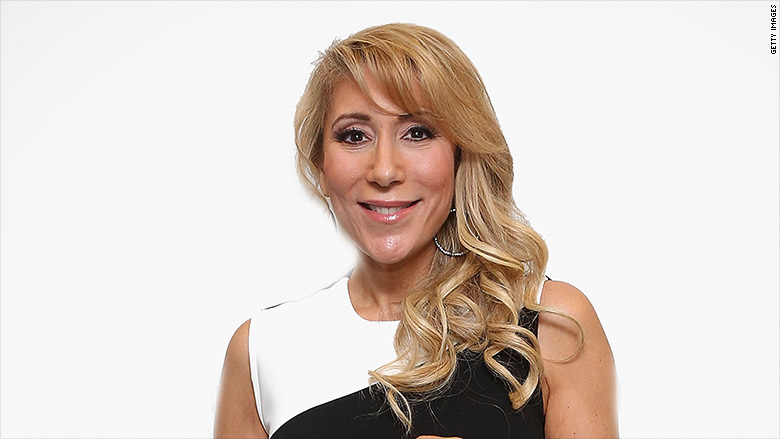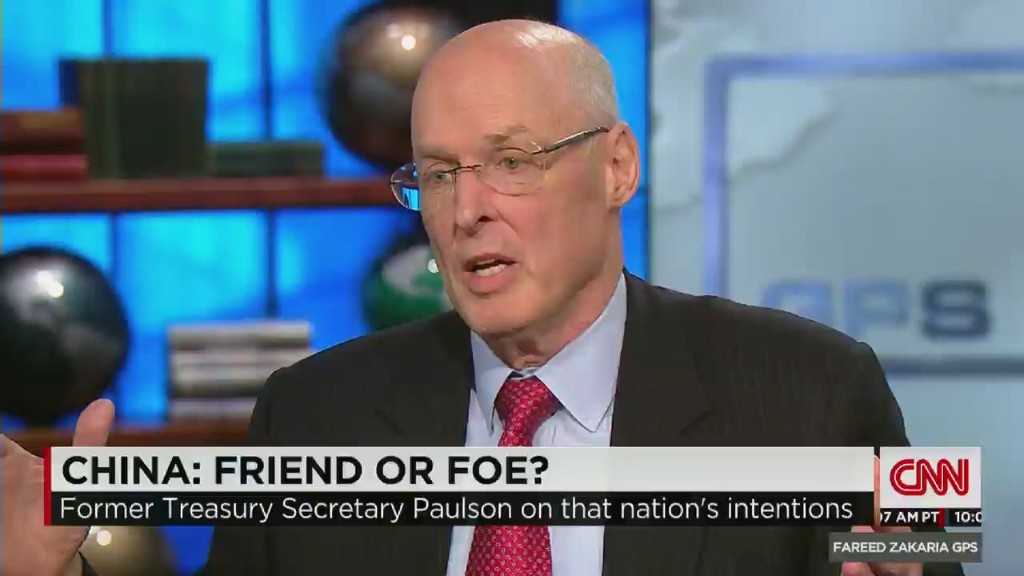
@jillianeugenios
In business, there are no "nos." There is just, "How can I?"
That was the message Shark Tank's Lori Greiner delivered this week to a room of small business owners in New York as part of Chase's Women's Business Symposia.
As one of the investors on ABC's hit show, Greiner is especially adept at bringing products from the concept stage to market in a matter of months. She has also spent nearly 20 years selling products on QVC that she has either invented or invested in.
She has invested in dozens of businesses through her work on Shark Tank, many of which have been phenomenally successful.
She described Scrub Daddy, which makes a special kind of sponge, as the biggest success in Shark Tank history: It's sold more than $50 million in products since debuting on the show three years ago.
But before the show and QVC, Greiner started with her own invention: An earring organizer. After sketching out her idea, she spent $10,000 to get a prototype made.
This was 1996, and there wasn't an Internet like what we have today, so she used the Yellow Pages and a book listing department store buyers to cold call people.
Related: Barbara Corcoran: 'Failure is what I'm best at''
Thanks to her tenacity (and the redial button), JCPenney's (JCP) buyer told her if the product did well in Chicago's stores over the holidays, they'd go national.
The problem was she didn't actually have a product, and it was already August. But that didn't stop her. Design, packaging and manufacturing -- she rushed through it all in four months.
She spent that holiday season doing product demonstrations at JCPenney. Her husband Dan would loiter around, pretending to be a stranger. When a crowd gathered, he'd come over and say, "That looks pretty cool. I think I might buy one of those for my wife."
"We were a little Bonnie and Clyde-like," Greiner said.
She sold about 100 organizers a day, and by the next year her product was in stores across the country.
"When you have a dream, persistence pays off," she said. "You find a way. Whatever it is."
Though Greiner has experienced incredible success in her career, and she's also experienced incredible sexism.
She told the crowd about her first visit to an attorney's office to talk about patenting her product. Her husband came along because they were going to use their savings for the $5,000 patenting fee.
Related: 15-year-old steps down from startup because ... high school
Greiner told the lawyer Dan was there just to listen, and he sat at the far end of the table.
But every time she asked the attorney a question, he would turn to Dan with the answer.
"If steam could be coming out of my ears, it would've been," Greiner said. She told the lawyer, "You need to bring in a female attorney ... we're not going to be a good partnership here."
He brought in a woman named Natalie. "She has been with me for 18 years," said Greiner.
She now holds 120 patents.
